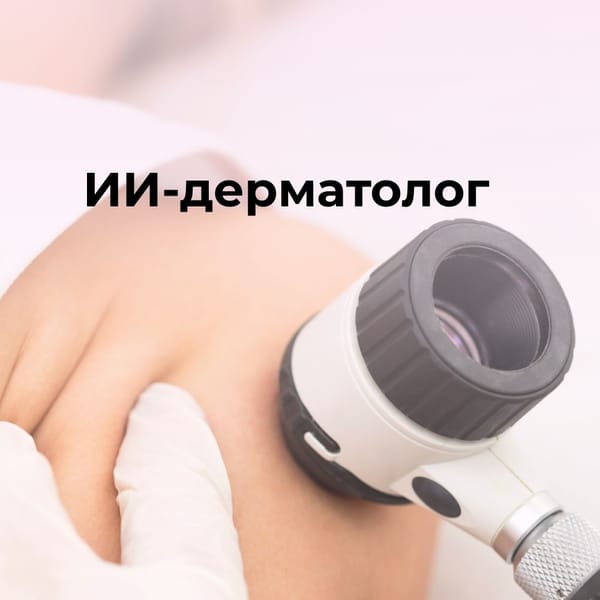How to Recognize When It's Time to Show Your Child to an Ophthalmologist
Caring for your child's eye health starts from birth. It is especially important to pay attention if your baby was born prematurely, as this may increase the risk of retinal complications such as retinopathy of prematurity.
At 2 months of age, the doctor will conduct an examination of the fundus to rule out possible congenital pathologies, such as retinoblastoma or congenital cataract.
By 6 months, it is important to check the coordinated movements of the eyeballs. Strabismus before this age may be normal, but after 6 months, it should be brought to the attention of a specialist.
During the first year of a child's life, it is also recommended to conduct a refraction screening using a special pediatric refractometer.
Before entering kindergarten (2-3 years old), you can check visual acuity using pictures or special tests, which children usually cope with easily.
For schoolchildren (5-7 years old), a full diagnosis is recommended, including visual acuity testing, refractometry, and fundus examination. If necessary, optical correction will be prescribed.
After that, it is important to conduct regular eye exams once a year, especially considering the heavy load on the eyes at school. By taking care of your child's eye health, you will help them successfully cope with school and everyday tasks.
Reference:
https://www.uhhospitals.org/blog/articles/2020/07/signs-your-child-needs-to-see-a-pediatric-opthalmologist



